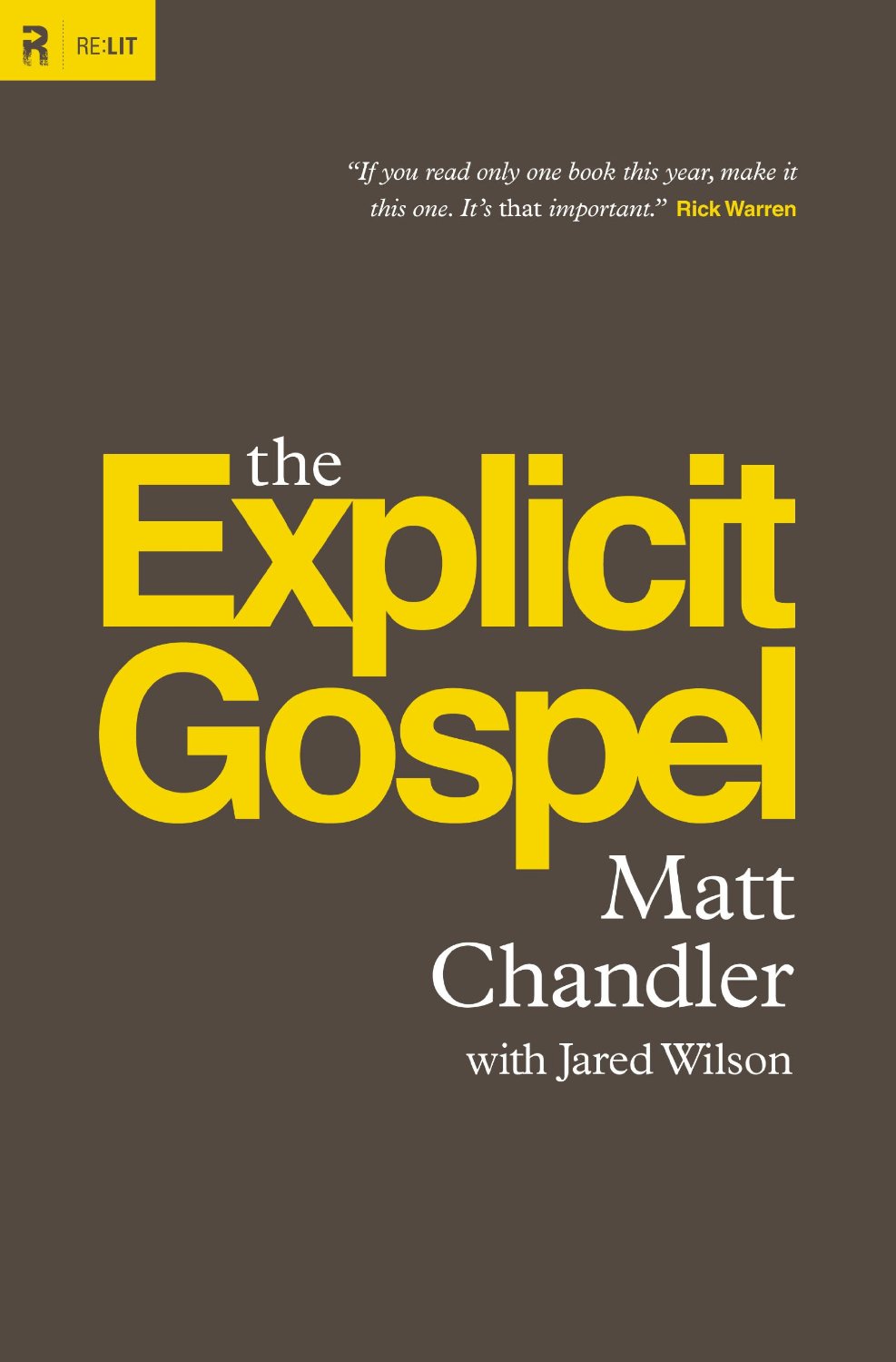Our professors often offer a section we easily skip over in the syllabus: recommended reading. While we realize that at this point in the semester life is hectic and the last thing students want to do in their free time is more reading, we encourage you to actually take note of their recommendations — and we also added some of our own. The following books are just a few titles we have found helpful or beneficial during certain challenging periods in our lives and we hope that maybe one, or perhaps all, will be of value to you as well.
Rachelle recommends: “Just Do Something” by Kevin DeYoung
Christians often find themselves stuck in what we like to call “waiting on God” periods. Too afraid we will make the “wrong” choice, or maybe even scared we will miss out on “what could have been,” believers tend to hunker down and wait for the thunderous voice of God telling them explicitly what to do next. Author Kevin DeYoung challenges Christians to stop using these so-called waiting periods as excuses and, well, to just do something. DeYoung counsels readers to be wise and prayerful about each opportunity they pursue, but he also reminds us that choosing to do nothing at all is laziness, not faithfulness. If you are wrestling with discerning God’s call for your life, pick up a copy of DeYoung’s short, but powerful book. A good friend encouraged me to read this book about a year ago, and something DeYoung wrote in his book has stuck with me and challenged me ever since: “God is not a Magic 8-Ball we shake up and peer into whenever we have decisions to make. He is a good God who gives us brains, shows us the way of obedience, and invites us to take risks for Him.”
Christina recommends: “Nausea” by Jean-Paul Sartre
I approached this novel at a time in my life when I was battling some heavy existential angst and depression. This story, written by the French philosopher Jean-Paul Sartre, traces the stream of consciousness of a historian named Antoine Roquentin, who has ceased to find meaning in inanimate objects, which leads him to experience a case of extreme nausea. This feeling of nausea slowly destroys the meaningful relationships he has, and towards the end of the novel he spirals into feelings of self-hatred and insanity. From a Christian perspective, although there is much to be enjoyed in the physical world, it’s important to remember that ultimate meaning is in the resurrection and future return of Christ. I recommend this book to all Christians because it represents the way most of our culture thinks, and if we can understand, we can better influence our post-modern society.
Jackie recommends: “The Explicit Gospel” by Matt Chandler
Especially in such a privileged society as ours, it is easy to regard God as only a free distributor of grace. Christians can unintentionally let our awe of his sovereign power slip into more of an unimpressed acknowledgement, but Chandler emphasizes the necessity of looking at the cross in all of its glory. He deeply desires his readers to look to Jesus as a Lord who is the “God of Abraham and Isaac and Jacob, a pillar of fire and a column of smoke.” He is just as much wrathful as he is gracious when he covers his beloved people’s sin with the blood of Jesus. Chandler reminds us that part of a Christian’s justification means God shows us undeserved mercy and turns away his righteous wrath. I recommend this quick read because it pushes for a respectful fear before our Lord who is full of so much more power than we attribute to him.
R.J. recommends: “Education of a Wandering Man” by Louis L’Amour
Our society is convinced that academia will save us. There lies, however, a world of practical learning outside of the classroom: our experiences. In his autobiography, “Education of a Wandering Man,” Louis L’Amour tells dozens of stories from his life that shaped his personality and made him the renowned author he is without even attending high school or college. If one thing can be taken away from this easy read, it is the necessity of experiences in our learning. We learn far more through opportunities and real-life experiences than by sitting in a classroom.
Read L’Amour’s book to push your mind out of lecture-mode and diversify your learning portfolio through different experiences outside of academia.







